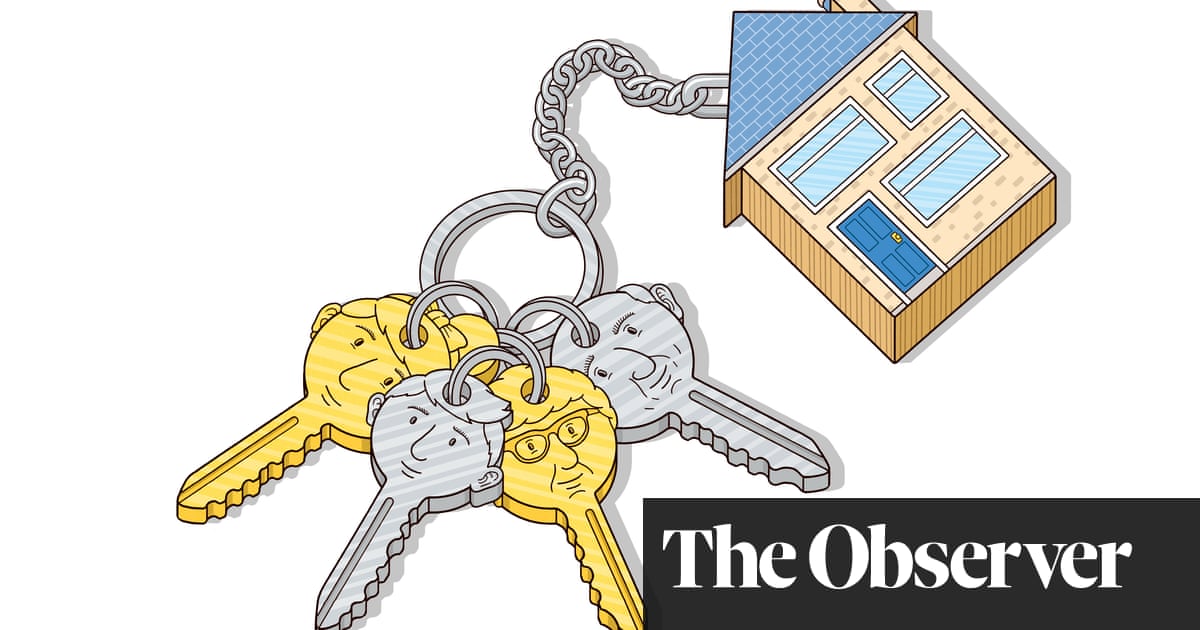
Anxious pupils and parents are bombarding schools with pleas to award good grades in the new teacher assessments that have been put in place in lieu of cancelled exams.
Schools are being forced to advise staff to ignore contact from families who are trying to influence teachers’ judgments.
GCSE and A-level teachers have been told to stop setting work for pupils in a bid to deflect attempts to sway teacher assessments and the final grades teachers they submit to the exam boards.
The government announced last month that all A-level and GCSE exams will be cancelled because of the pandemic. Instead, teachers will score and rank their pupils in each subject, based on mock exam results, coursework, marks in assignments and any other evidence. The grades that they issue to exam boards by the end of May are what they believe candidates would have achieved in public examinations if the school year had operated as normal.
Ofqual, the exam regulator, has instructed schools not to share those grades or discuss them with families. Despite that, parents are contacting teachers to lobby for their children. Some are offering mitigating circumstances for disappointing mock results, for instance, or insisting that as their child has a private tutor, they would have done better than expected in exams.
Tom Middlehurst, the director of policy and public affairs at SSAT, a school network with 3,000 members, many of them academies, said: “The difficulty is that the kind of parents who are having those discussions and making that effort are likely to be middle-class parents and what we must really not allow to happen this summer is that educational inequality widens. Already with home schooling and school closures there is likely to be a long-term impact on the more disadvantaged and we have to mitigate this where we can. Of course parents want to be reassured by what is going on but they must allow teachers to use their professional judgments to make those decisions.”
The Alsager School in Cheshire, in response to students badgering staff about grades, has told parents and pupils that “there is nothing that individuals can do that will influence their final grades” and that GCSE and A-level pupils will no longer be set work by their subject teachers.
Ormiston Forge Academy in the West Midlands has also asked pupils to “please refrain from contacting teachers about suggested awarded grades”.
Elsewhere, teachers are receiving a sudden rush of extra work from pupils who fear they have underperformed in class, in the hope of an 11th hour reprieve. One member of staff at a high-performing sixth form college said he had never received so many emails from parents thanking him for teaching their child.
Teachers face a difficult and novel challenge in putting classmates in rank order. The number of candidates for GCSE maths and English in particular, is substantial, with hundreds of pupils bunching around grades 4 and 5.
Even then, the grades schools submit to exam boards are likely to change when the final results are published in August. A standardisation process will apply statistical adjustments to teacher-assessed grades, using data about each school’s performance in previous years and the cohort’s prior achievement in key stage 2 tests or GCSEs.
Ofqual has said that it plans to put “more weight on statistical expectations” to even out teacher grading that is too severe or too generous.
But some headteachers are concerned that if too much weight is given to schools’ previous results, it may disadvantage pupils in secondaries that are on an upward trajectory.
Middlehurst said: “While we understand the need for using schools’ prior attainment, we are concerned that this will unfairly disadvantage the students at schools that have made concerted efforts to improve in the last 12 months. Many SSAT members have been in touch to say that they are honestly predicting significantly better results in 2020 than in previous years. This is not about league tables as they will not be published this year; it is about the individual pupil getting a fair result.”
Concerns have also been raised about whether high achieving pupils from disadvantaged backgrounds will receive the grades they deserve. Research shows that these students are generally predicted lower grades by their teachers on Ucas forms than the ones they go on to achieve.












